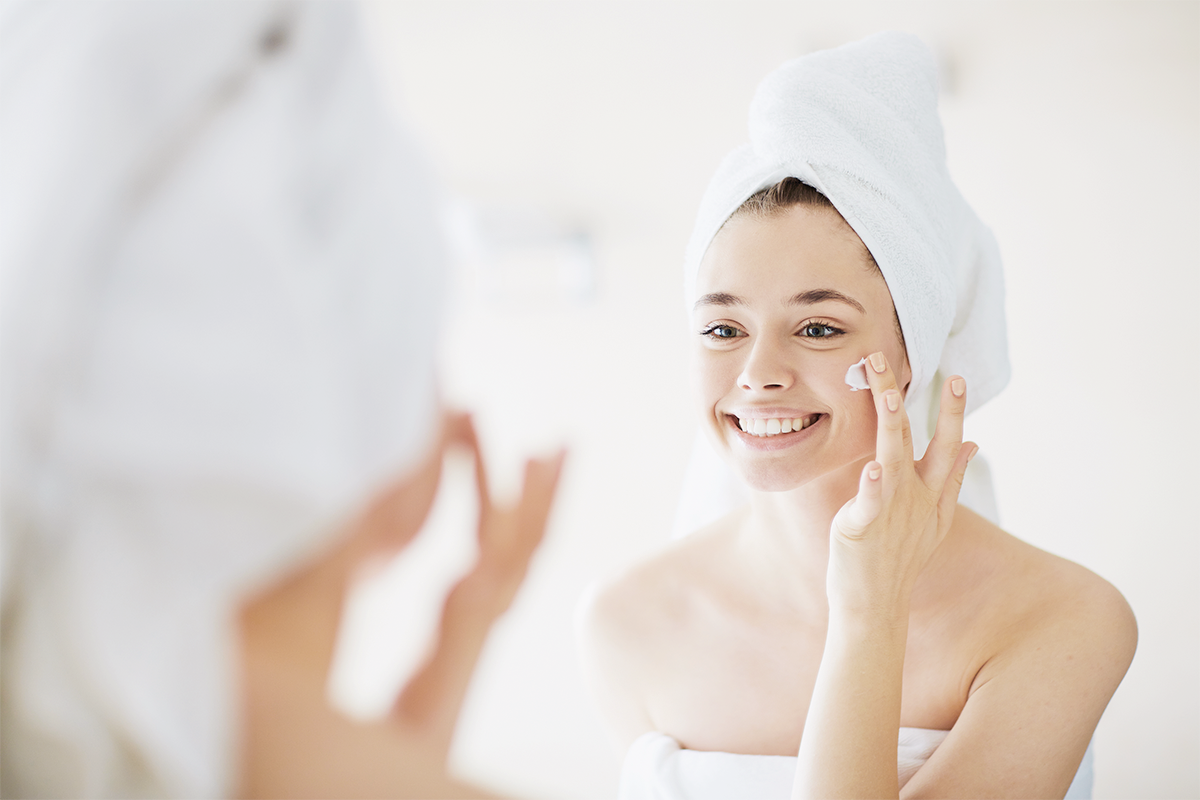 24 April, 2025
24 April, 2025
Depending on the hormonal phase that we are currently dealing with, our epithelia can retain more or less water. Just before and after our periods, there is a higher concentration of progesterone and our mucous membranes tend to be drier – even having a lighter color during ovulation, which usually leans towards pinkish. Both colorations and discharges would be normal as long as there are not excessive fluctuations between dryness and excessive discharge, or between light pink and irritative red in the mucosa.
Do you know the difference between hydration and lubrication in the intimate area? Normal lubrication is produced in arousal during intercourse and hydration is produced daily to protect our mucous membranes and keep them moist against external agents.
- When we want to use feminine care products to keep the area “clean and moisturized”, we must remember that our vulvar pH must be always protected. For this, I recommend using alcohol-free soaps, parabens, phthalates, nickel and perfumes. The most suitable ones are Vitamin E-rich cleansing products or certain oils. It is better to use them just the week before and after the period, which is when the mucous membrane is drier due to the hormonal changes we have previously mentioned.
- In case you need a vaginal lubricant during sexual intercourse, we recommend using a water-based one. Vaginal mucous walls need more hydration – so it is more convenient to use products rich in water (with fruit extracts) and others with silicone (less recommended).
At the same time, I recommend not to overuse panty liners: they are made of components such bleach and plastic lining that do not let the skin and mucous membranes breathe, causing the tissues to dry out and further increasing dryness or discomfort in the area.
Do not hesitate to ask if you have any questions.
We women take care of ourselves!
